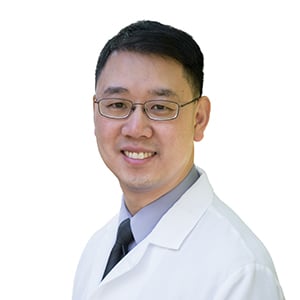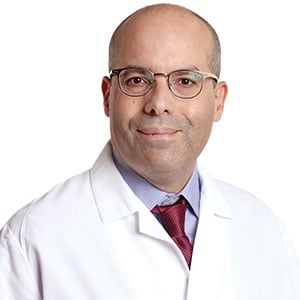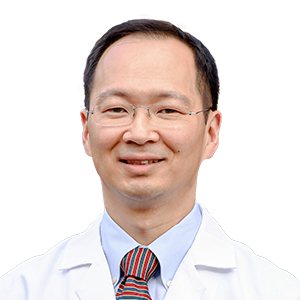Esophageal Cancer
Esophageal cancer is a disease in which cells in the tissues of the esophagus — a hollow muscular tube that moves food and liquid from the throat to the stomach — become abnormal and grow and divide uncontrollably into tumors.
There will be over 20,000 estimated new cases of esophageal cancer this year, according to the American Cancer Society. Esophageal cancer is more common in men than women, and it is associated with older age, heavy alcohol use and tobacco use.
Timely and accurate detection of esophageal cancer is essential to planning the best course of treatment. After a thorough physical examination, City of Hope doctors may also use several tests to diagnose esophageal cancer and precancerous conditions such as Barrett’s esophagus.
Esophageal cancer is often diagnosed at an advanced stage, so treatment should be rapid and aggressive, requiring the expertise of specialists in the disease.
Our patients can access esophageal cancer clinical trials, including new chemotherapy and targeted therapies, surgical techniques, radiation approaches, and prevention strategies.
Our clinicians and researchers frequently collaborate to develop and evaluate new esophageal cancer treatments designed to improve survival and quality of life.
When you come to City of Hope, you automatically gain access to an unparalleled array of support services to help you and your family take each step in your esophageal cancer journey.
City of Hope is an acknowledged leader in esophageal cancer research and treatment. Our extensive experience, specialized therapy protocols and extensive clinical trials program mean newly diagnosed or relapsed patients can find a treatment regimen tailored to their individual needs and gives them the best chance for survival.
U.S. News & World Report has rated City of Hope one of the top cancer hospitals in the country for over a decade. Our multidisciplinary team takes an integrated, comprehensive approach to diagnose and treat esophageal cancer and precancerous conditions such as Barrett’s esophagus.
Our Program Highlights:
- Experience in minimally invasive, robotically assisted surgery for esophageal cancer, reducing complication risk and recovery time
- Endoscopic ultrasound to accurately locate and evaluate tumors
- Radiofrequency ablation to destroy tumor cells in the body
- Highly precise radiation therapy
City of Hope patients have access to our comprehensive team of supportive care experts, who can help manage and treat quality-of-life issues that may come up, such as trouble eating, drinking or speaking following treatment.
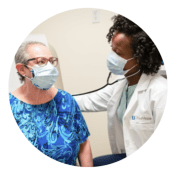
City of Hope is one of the few facilities designated a comprehensive cancer center by the National Cancer Institute.

Our developments in the areas of breakthrough cancer drugs, bone marrow transplants and CAR T cell therapy are recognized internationally.

Our leadership in research and innovation continually enhances our ability to provide novel and differentiated approaches to cancer care.
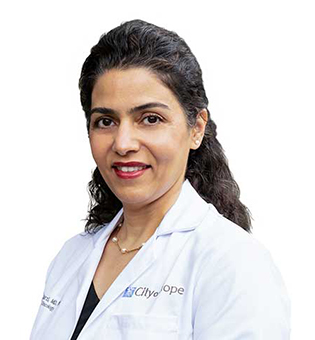
Afsaneh Barzi, M.D., Ph.D., is a medical oncologist at City of Hope.
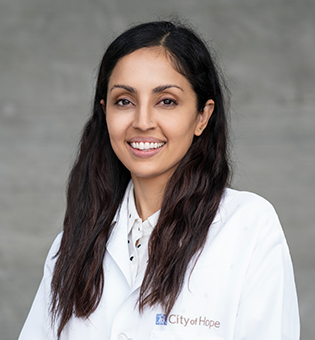
Gagandeep Brar, M.D. is an assistant clinical professor in the Department of Medical Oncology & Therapeutics Research.
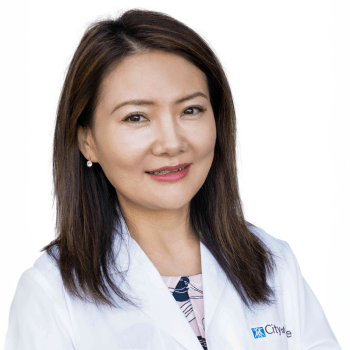
Dani Castillo,M.D. is an assistant clinical professor in the Department of Medical Oncology & Therapeutics Research.
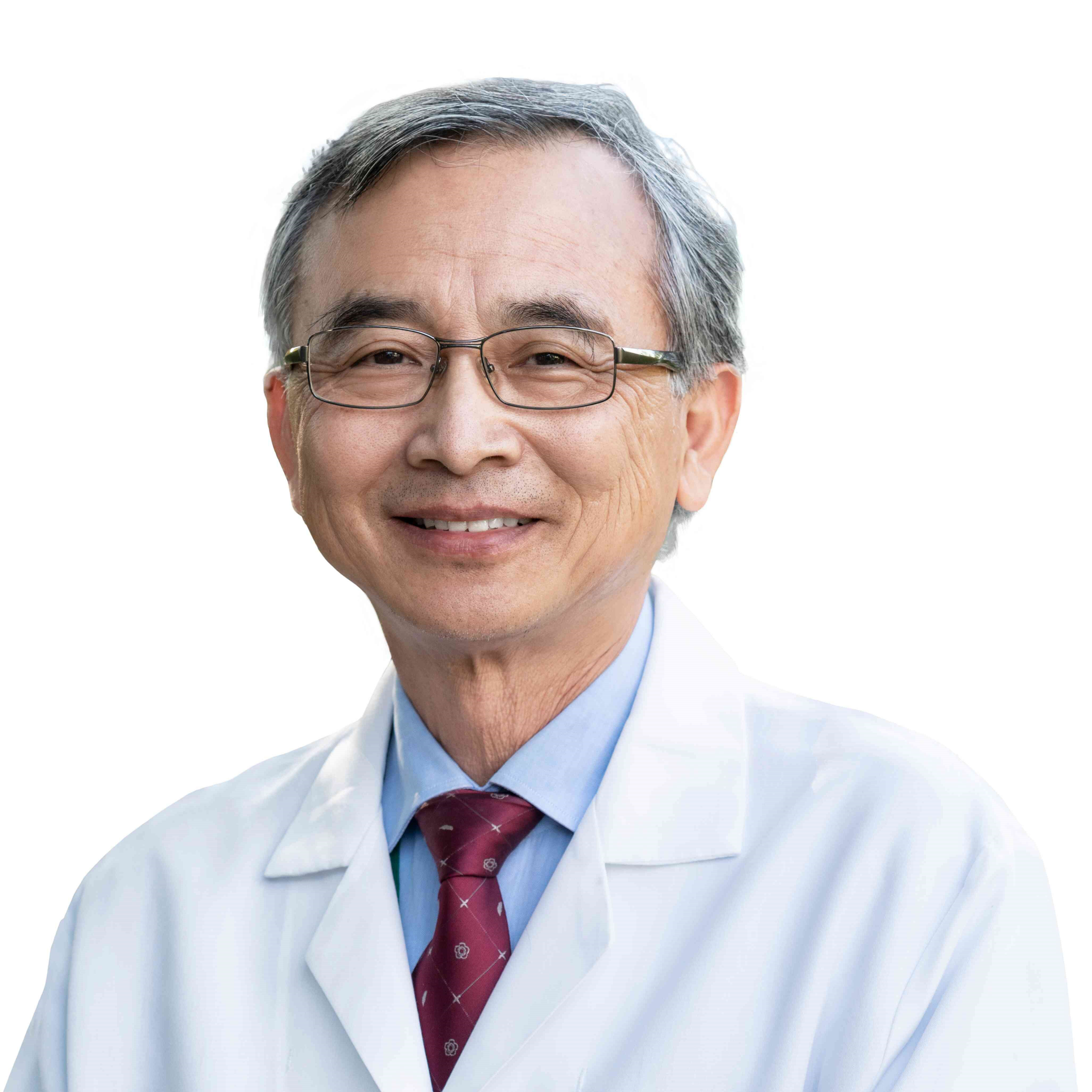
Yi-Jen Chen, M.D., Ph.D., is a radiation oncologist specializing in gastrointestinal cancers, gynecological cancers and esophageal cancers.
Vincent Chung, M.D., is a medical oncologist specializing in pancreatic cancer and gastrointestinal cancers.
Loretta Erhunmwunsee, M.D., is a thoracic surgeon and an associate professor in City of Hope's Division of Thoracic Surgery. She sees patients with lung, esophageal and mediastinal tumors. Her research focuses on eliminating health inequity in thoracic oncology patients.
Marwan G. Fakih, M.D., is a medical oncologist specializing in gastrointestinal cancers.
Jae Y. Kim, M.D., is the chief of the Division of Thoracic Surgery and an associate professor in the Department of Surgery. Dr. Kim specializes in esophageal cancer and lung cancer, robotic surgery, mesothelioma and thymoma.
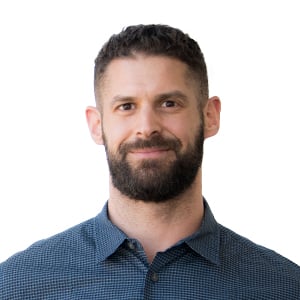
Dan Raz, M.D., M.A.S., is co-director of the Lung Cancer and Thoracic Oncology Program and an associate professor in the Division of Thoracic Surgery. Dr. Raz specializes in esophageal and lung cancer surgery – and in raising public awareness about cancer risks.
